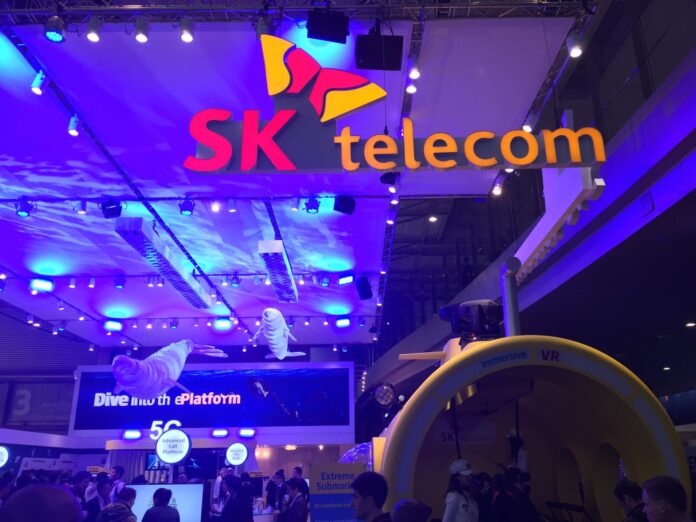SK Telecom aims to develop a personal AI assistant service that can attract global customers
Korean operator SK Telecom (SKT) announced its ambition to become a global artificial intelligence (AI) company by strengthening its own AI competitiveness and cooperating with partners globally.
SKT’s CEO Ryu Young-sang unveiled the telco’s new ‘AI Pyramid Strategy’ centered around three key areas including AI Infrastructure, AI Transformation (AIX) and AI Service.
Under this new strategy, Ryu said that the carrier expects the proportion of AI-related investment to approximately triple from 12% over the past five years to 33% over the next five years.
The company noted that AI Infrastructure is an area where SKT’s technological capabilities are concentrated. The area consists of AI data centers, AI semiconductors and multi LLM.
“With the growth of the AI market, the shortage of data centers is intensifying, and new social problems such as excessive use of power and rapid increase of CO2 emissions are emerging. Against this backdrop, SKT plans to introduce energy-saving solutions like immersion cooling system and hydrogen fuel cells, and expand into the AI hosting business that generates higher margins by bundling these energy-saving solutions with Sapeon’s neural processing unit (NPU) and SK Hynix’s high bandwidth memory (HBM),” the telco said.
Sapeon is an AI semiconductor company established by SKT.
Based on differentiated energy solutions and AI hosting business, the company said it will expand its data center business to the global market.
In the area of AIX, SKT said it will innovate its existing core business areas like mobile, broadband and enterprise with AI, while at the same time expanding into new business areas such as mobility, AI healthcare, media and advertising technology.
In the mobile business, the company stated that AI holds the capability to significantly improve both profitability and customer experience, adding that AI can not only be used to acquire/retain customers and provide better customer support via AI Contact Centers, but also be applied to the network infrastructure to enhance the efficiency in network deployment and operation. The company expects that, in the mid-to long-term, AI will help reduce 20 to 30% of costs compared to the current level.
Furthermore, SKT said it will continue to pursue AI innovation and expand the overall AI ecosystem by growing its new business areas such as urban air mobility (UAM) and AI-based healthcare services.
SKT also announced the official launch of ‘A.,’ what it claims to be the world’s first Korean LLM service released in the beta version in 2022.
The company said that ‘A.’ will evolve into a personal AI assistant service by innovating customers’ communication experience and fully assisting their everyday lives via seamless connection to a wide variety of AI services, the Korean carrier said.
SKT plans to add an AI phone service, which will provide a variety of AI services and mobile experiences based on understanding and reasoning of call context.
For instance, it will recommend people to call based on call history and analyze the content exchanged during a call with AI to provide a call summary. At the same time, it connects users to necessary tasks, such as registering the schedule made during a call to the calendar or sharing addresses. More features such as real-time interpretation during calls will also be added going forward, SKT said.
Going forward, SKT also plans to leverage its AI service-related experience and knowhow accumulated in the Korean market to develop a personal AI assistant service that can attract global customers.
The company expects that its partnerships with diverse global players — including the Global Telco AI Alliance — will help accelerate its progress in the AI field.

